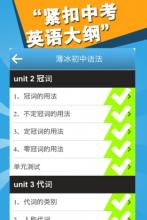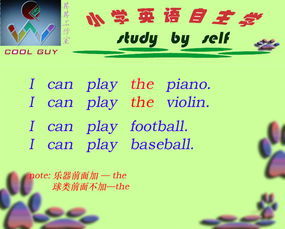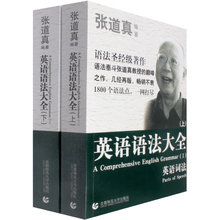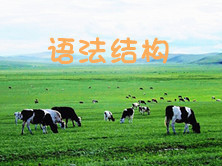1. 一般疑问句是以动词BE、动词HAVE、助动词作句首,用Yes或No来回答的疑问句。
Is this Jane's house?这是珍的家吗?
I'll wait. Can I come in? 我等会儿吧!我能进去吗?
Can I have something to drink?我可以来点喝的吗?
Do you have anything else to eat except these?除了这些你还有别的吃的吗?
Are you a student?你是学生吗?
Yes, I am.是的,我是。
Have you eaten your supper?你吃过晚餐了吗?
Yes, I have.是的,我吃过了。

Do you understand?你明白吗?
No, I don't.不,我不明白。
Can you swim?你会游泳吗?
No, I can't.不,我不会。
2. 特殊疑问句是由疑问代名词、疑问形容词或疑问副词引导的疑问句。
Who are you? 你找谁?
How old are you?你多大了?
I am twelve.我十二岁。
3. 选择疑问句指说话人提出两种或两种以上的答案,供对方选择,可以以动词BE、动词HAVE、助动词或疑问词开头。
Would you rather wait or come back later?你情愿等还是过一会儿再来?
Would you rather wait or come back later?你情愿等还是过一会儿再来?
Which do you prefer, coffee or tea?你喜欢喝什么,咖啡还是茶?
做做这10个题,也就掌握了!
将下列句子改成一般疑问句。
1. It is a lovely dog.
2. She is lovely girl.
3. He is my father.
4. They are Lily’s cousins.
5. We are classmates.
6. I am a doctor.
7. There is a bird in the tree.
8. There are many stars in the sky.
9. They are good friends.
10. I love my parents.
 爱华网
爱华网


